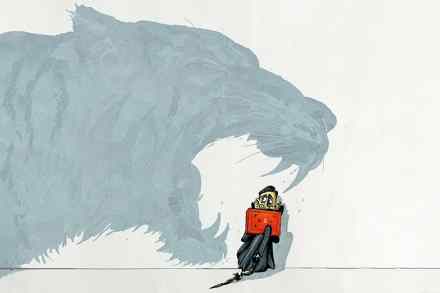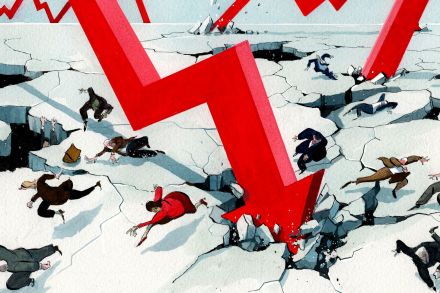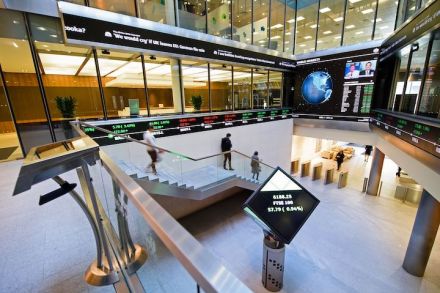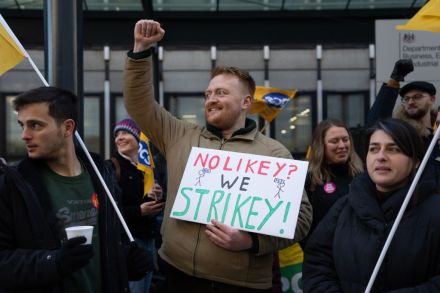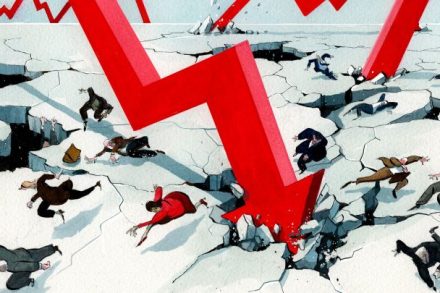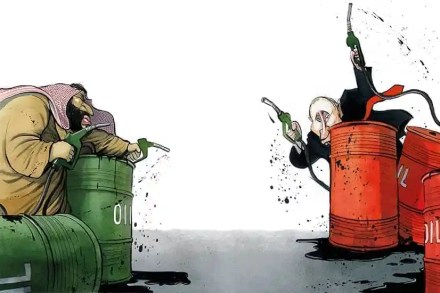Sunak has hitched a ride on Biden’s climate gravy train
Sometimes it helps to have a banker as Prime Minister. They have plenty of faults. They can be dry, calculating, and they are typically far too rich to connect with ordinary people. But if they have one thing going for them it is this: they can spot free money when they see it. And Rishi Sunk has seized a chance for the UK to take a percentage of the unlimited cash that President Biden is spraying at American industry. Hundreds of billions in corporate bungs are available, and because it is all in tax credits there is hardly any oversight Most people will dismiss the Atlantic Declaration that Sunak negotiated




